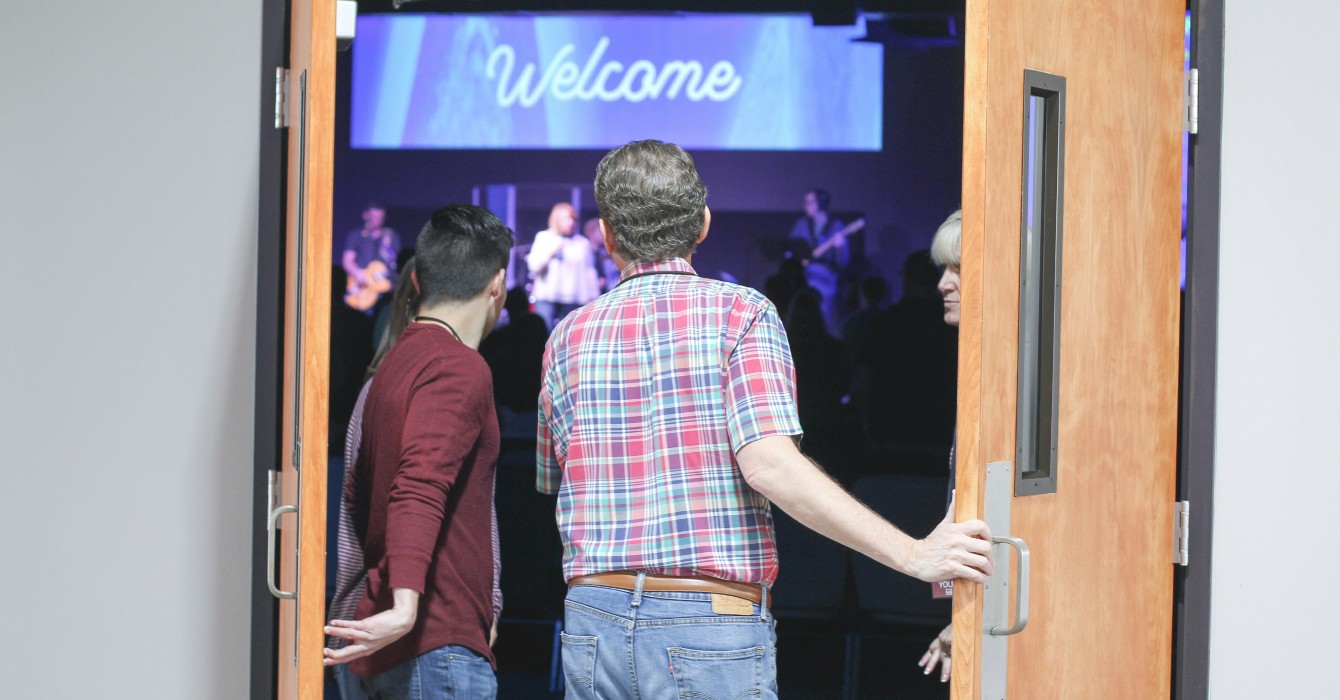In the ancient church, a young monk would approach an elder and ask, 'Abba may I have a word?' Tom Arthur, in his first year out of seminary, seeks advice from elders in these letters. Will Willimon's reply is here.
Dear Bishop Willimon,
I am a huge John Wesley fan.
I began reading Wesley when I was first hired at a United Methodist Church as their director of ministries about twelve years ago. I had been told that I was not Methodist enough (I grew up in the Nazarene and Assemblies of God churches and went to Wheaton College). The charge was true. I had never even been to a United Methodist Church before being hired at one. So I took a class online through Asbury Seminary that walked me through Wesley’s sermons and theology.
I did not appreciate Wesley when I began the class. I whole-heartedly disagreed with his ideas about perfection, for example. But over the course of the class Wesley began to win me over. By the end he had convinced me that Christian perfection or perfect love is something we can grow into by the gift of God’s Spirit.
I also found that Wesley helped me make sense of my Nazarene and Pentecostal upbringing. I was even surprised to find that my Nazarene and Pentecostal churches had formed me in more uniquely Wesleyan ways than some of my detractors! Lastly, as I read Wesley and practiced what he preached, I began to experience real transformation and growth in following Jesus.
When I began to experience a call to pastoral ministry, I was at first afraid of what this would mean in the UMC. Did I really fit in? What about the appointment system? A retired pastor and mentor of mine encouraged me to go to Annual Conference. I went and was surprised to find that I really enjoyed it. The kinds of questions people were asking were the kinds of questions I wanted to be asking. Of course, there were parts that were boring and even tedious, but overall I left my first annual conference with a sense that I belonged in the UMC. Later that week God spoke to me in a very direct way about a call to pastoral ministry. The rest is history.
Well, not exactly.
I was excited to receive my appointment this past spring. I had grown to see the appointment system as a unique opportunity in our culture to practice the discipline of submission. I was thrilled to be appointed to my first UM congregation.
At the same time, I found that my appointment was to a very different kind of UM congregation. I was appointed to an eight-year-old church plant. I was to be their second pastor after their first pastor, a grandmother (literally) who had planted the church at age 59 was now retiring at age 67. This church was modeled after the Purpose Driven Church model, and in that spirit this church does not wear its United Methodism on its sleeve. “United Methodist Church” isn’t even in its name. You can come to my church for several months and you might not ever know that we are a UMC. Many of our church attendees might even be surprised to find that I’m writing a letter to one of my bishops!
I find this approach refreshing in some ways. In other ways I find it difficult. It is refreshing not be tied down to a particular model of ministry and to be able to experiment with different structures and ways of doing life together. It is refreshing because people come to our church for the character of the community and not because of the name on the website.
It is difficult because so much of my own spiritual language is distinctively Wesleyan. I am a Methodist not because I grew up in the UMC, but because I was attracted to it and what God is doing in this diverse and sometime cantankerous church family. I find significant resources within our tradition and our current church. I do not have the same experience or attitude of defeatism that I often see in some of my older clergy colleagues who have slowly seen our church wasting away over the last fifty years. I am content and satisfied to be a UM in the same way that I am content and satisfied to be a member of my Arthur family.
So here’s my question: how can I integrate the best of the Wesleyan tradition and UMC with the best of the new church planting strategy that deemphasizes this broader connection and tradition? I look forward to your response.
Peace,
Tom Arthur
Tom Arthur is pastor of Sycamore Creek United Methodist Church in Lansing, Michigan.






